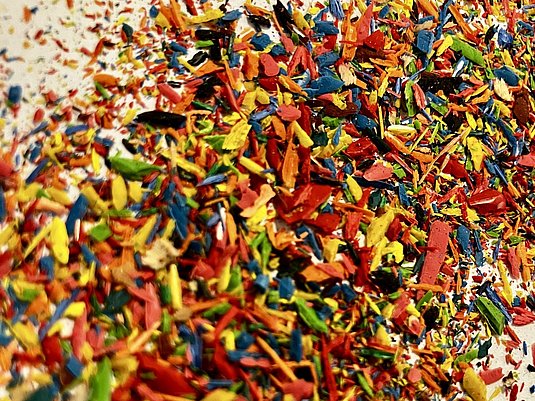Artistic research
Critical self-reflection
As an inherently interdisciplinary field, artistic research enables a deeper understanding of creative processes; how to make, think and talk about art, and how artists ultimately participate in society. Through creative activity, creative practice and critical reflection, this young field thus contributes significantly to the development of artistic personalities who understand their individual potential in the context of a larger creative and social community. With this goal in mind, we at the ZKD integrate practical knowledge of artistic research methods and attitudes into a wide range of teaching modules. Critical self-reflection on one's own creative practice forms the linchpin of our pedagogy and runs as a common thread through our entire curriculum. It should enable the individual artist to make informed decisions regarding their work and to articulate, concretize and demonstrate it coherently and effectively.
Artistic identity
As an Assistant Professor of Artistic Research, I (Prof. Winnie Huang) would like to demonstrate the value of practice-based knowledge generation through creative expression and integrate this into current discourses on artistic identity in the context of today's professional landscape. In my own career as a performer, composer, curator, artistic director and educator, I have experienced artistic research as a powerful tool that can be utilized by all artists. In my teaching, I create open, flexible and student-centered learning environments through which I strengthen my students' organizational skills and teach them the benefits of networking, collaboration and collective creativity. By building interdisciplinary connections between teachers and students at our university, artistic research helps to develop identities beyond predefined roles and offers artists numerous opportunities to absorb, generate and share knowledge.
